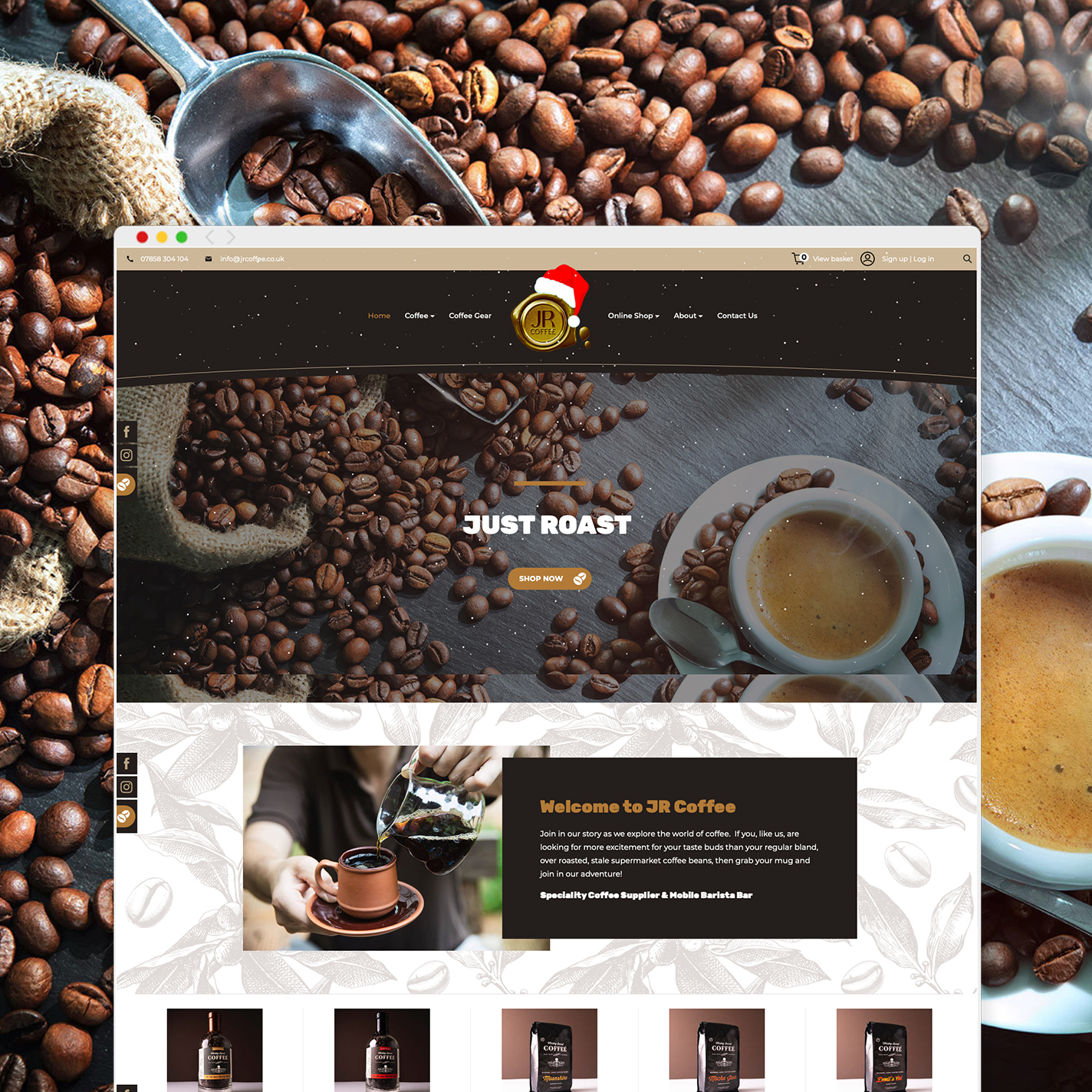What can SEO do for my website?
Published on 12th February 2024
It’s time-consuming, takes commitment, and you’re constantly dealing with changing algorithms and moving goal posts. Yes, we’re talking SEO. Many marketers and business owners wonder if it’s worth pursuing SEO perfection in 2024. But, even if you only focus on your website, there are plenty of reasons why SEO is still relevant this year.
Why SEO?
SEO, or Search Engine Optimisation, is changing the digital landscape, but there’s one thing that doesn’t change, and that’s its importance in developing a strong online presence. Local searches have increased exponentially over the past couple of years. By adopting local SEO tactics, businesses can improve the visibility of their company and drive traffic to the website through search engine results. There is also the matter of boosting your online presence and credibility, particularly for those looking for a reliable source in their local area.

Benefits of adopting SEO for your website
When you want to increase your brand awareness, build your target audience, boost revenue, improve your credibility and trustworthiness, as well as grow your online presence, you need SEO. There are several benefits to adopting SEO for your website:
It boosts your company’s credibility and trustworthiness.
It increases online visibility and presence.
It helps you to reach a higher ranking in local searches.
It allows you to reach a wider audience.
It improves user engagement, experience and website usability.
It drives traffic to your website.
It increases conversions, sales and revenue.
So, what are the best SEO tactics?
How to improve your SEO?
The greater your online visibility in search engine results, the greater your audience reach and the more traffic you’ll drive to your website. Here are our top tips to improve your SEO.
1. Prioritise user experience (UX). Did you know that 73% of consumers say customer experience is their number one consideration when making a purchasing decision? Here’s another stat for you; 86% of purchasers are happy to pay more for a better customer experience. But just one bad user experience will have 1 in 3 customers heading for the door. These numbers highlight how important user experience is on your website and why you must prioritise UX.

2. High-quality, relevant content. Yes, content is still king, but it is no longer quantity but quality. Content can take many forms, such as blog posts, infographics, videos and images. But there is a bonus, and that’s user-generated content (UGC); by that, we mean content generated by customers, followers and even employees. One of the most effective types of UGC is reviews. In fact, research suggests that 95% of customers will only buy after they’ve read reviews. So, it's time to get your audience talking. With the plethora of content available online, people are spoilt for choice. For your content to stand out, it needs to be high quality, relevant to your business, engaging for the reader, factually accurate, well-structured and adding value.
3. Strategise keywords and phrases. The days of throwing every keyword and phrase at your content are long gone. Whilst keywords and phrases are still necessary, they must be used naturally and strategically. They should be used to guide search engines and visitors to relevant content on your website. Maximise long-tail keywords, and specific phrases in search criteria and use them in your content in a way that adds context and understanding.

4. Mobile optimisation. It’s one thing to have a super-fast, user-friendly and responsive website, but this must transfer seamlessly across various devices, from the humble desktop down to smartphones and tablets. A huge 59.4% of website traffic is via mobile devices, so if your website doesn’t provide the best user experience and page load speed, no matter what device is being used, you’ll soon see high page abandonment figures.
5. Build high-quality backlinks. Backlinks are still a top priority for SEO and help in several ways. They signal to users that your company can be trusted, boosting your website’s ranking and authority. They guide users and search engines to quality content on your website and drive traffic, attracting new users and customers. However, quality still masters quantity, so make sure the backlinks are from high-authority websites. Plus, remember context and user experience.
6. Leverage local search intent. Local SEO now plays a key role for small and medium-sized bricks-and-mortar businesses. The digital space now allows them to compete with the big corporates, particularly in their local areas. Leveraging location-based or region-specific keywords and phrases boosts your search engine ranking. In addition, adding your business to online local directories, including your website URL, helps to maintain local SEO rankings.

SEO is now heavily influenced by AI (Artificial Intelligence) and machine learning, principally because search engine algorithms are AI-led. This doesn’t mean you need to go on a course and learn everything you can about AI. But it does mean that to maximise your SEO activity, a basic understanding of how AI and machine learning work can be a big advantage.
There are no half measures with SEO. To make it work for your business, commit to it for the long term, consistently review and adjust as needed, and ensure the content you add to your website is up-to-date, engaging and relevant.
At it’seeze, our network of experienced website consultants throughout the UK and Ireland are well-versed in using SEO for websites. They will not only create a website that reflects your business but will also employ a range of SEO activities to ensure your business is found online. It’seeze helps small businesses design and build websites that are fully SEO and keyword-optimised. Get in touch with us today to start your it’seeze journey.
Tagged as: search engine optimisation (SEO)
Share this post:



